
Regional Context Assessments Report published
Regional Context Assessments published with a focus on the opportunities for new policy instruments supporting energy efficiency in public buildings.
CLEAN or Technologies and open innovation for low-carbon regions project will address the challenge of how best to meet EU energy efficiency targets for buildings in Europe’s regions. The CLEAN project is led by ERNACT, or European Regions Network for the Application of Communications Technology, with close cooperation from the following partners:
The regions will work together between 2017–2021 to improve the capacity of their policy instruments to increase energy efficiency.
€1,956,974.00
Low-carbon economy
Buildings are responsible for 40% of energy consumption in the EU and older buildings consume between 8 and 12 times as much heating oil as new ones. CLEAN will increase energy efficiency in housing and public infrastructure by 4% through technology, open innovation and improved low-carbon policy instruments.
These regions are represented by a mix of regional partners including managing authorities, region/city authorities and energy centres.
The partner regions are evenly spread across Europe and contains a mix of different climates, city/urban areas and levels of development – less, transitional and more developed.
The expected changes are better performance in 9 Investment for Growth and Jobs policy measures that address energy efficiency. This will result from a greater focus in these policy instruments to stimulate effective engagement between public authorities and citizens who own properties, and research centres and companies who can introduce new innovative energy efficiency solutions.
The main outputs are Action Plans, revised governance arrangements for policy instruments, and new types of projects supported as a result of interregional learning and transfer of innovative policy and solutions. These outputs will benefit all stakeholders in each region’s energy environment, i.e. consumers of energy services, suppliers of energy products and services, centres of energy expertise (including innovation) and public authorities (promoters of energy efficiency).
This policy instrument aims to add value to wider investment programmes in targeted high growth and innovative sectors to help create new quality jobs through innovation, in the Border, Midland and Western region of Ireland. It focuses on five main Thematic Objectives (TO): (1) Develop and exploit research excellence capacity in the NWRA region; (2) Increase access to high-speed broadband; (3) Improve SME competitiveness; (4) Shift towards a low-carbon economy; (5) Integrated urban development. TO 4, i.e., low-carbon is the one that concerns this project. It contains two Investment Priorities: (4c) Support effective energy, intelligent management systems and the use of renewable energy in public infrastructures, including the housing sector. Measures within 4c focus exclusively on social housing, improving the energy efficiency of older houses and reducing fuel poverty. The target is to improve the thermal performance of housing stock by 12% by 2020. The CLEAN project will focus on 4c. (4e) Promote strategies developing low emission strategies in all types of territory, especially urban areas, including multimodal urban mobility. This instrument should be improved to incorporate measures to explore the use of the latest energy building construction techniques, not just materials as at present. The ex-ante evaluation recommended that the policy instrument encourage the use of sustainable, locally sourced, and/or recycled materials where possible.
This policy instrument contains 5 main Thematic Objectives, i.e., knowledge society, e-society, SME growth, the transition to a low carbon economy and urban development. This project will address "make Lower-Normandy an attractive eco-region". This corresponds to ERDF Thematic Objective 4, “Supporting the shift towards a low-carbon economy in all sectors" which contains several Investment Priorities. Within the Thematic Objective, the Operational Programme focuses on Investment Priority 4c, “Supporting energy efficiency, intelligent energy management and renewable energy use in public infrastructures, including in public buildings and in the housing sector”. The Strategic Environmental Assessment of the ROP of ERDF 2014-2020 highlights the need to improve the policy instrument by including measures that promote awareness raising and knowledge sharing. This is the main reason it needs to be improved. Involving citizens, building users and suppliers of energy services and raising their awareness of the benefits of energy efficiency, renewable energy usage and intelligent energy management will increase demand for the measures in the policy and its impact in meeting its targets.
The objective of this policy instrument is to increase employment in the region, as well as the competitiveness of the region's enterprises. It has five Thematic Objectives: strengthening RTD, use and quality of ICTs, SME Competitiveness, transition to a low carbon economy and promoting sustainable transport and other networks. The project will address Thematic Objective 4, "Promoting energy efficiency and use of renewable energies, as well as the efficient use of resources". It is specifically concerned with Investment Priority 4c, "Supporting energy efficiency, smart energy management and renewable energy use in public infrastructure, including in public buildings and in the housing sector". Measures will be directed to encouraging the use of energy efficient materials in building construction, promoting the use of green procurement, using ICTs to reduce travel in the public sector and encouraging the formation of energy saving networks between the public sector, research and companies. The main reason why this policy instrument should be improved is:
- Provide more priority on the need to develop more coherent local Energy Action Plans that can be "aggregated" for developing a county-wide plan for Västernorrland.
- More effective use of innovative communication activities to stimulate householders to encourage building owners to invest in improving energy efficiency.
This policy instrument aims to create growth and jobs by boosting innovation and competitiveness, and improving the regional system of research and development, in line with the Europe 2020 objectives for a smart, sustainable and inclusive growth. The main Thematic Objectives are SMEs competitiveness, research and innovation, low carbon, energy efficiency and ICTs (including broadband). The Investment Priority concerned is low carbon (4c) , whose main objective in Campania is to reduce energy consumption in buildings and public facilities or public use, including residential and to implement interventions that maximize the benefits in terms of overall energy saving through the installation of intelligent control systems, management, monitoring and optimization of energy consumption (smart buildings). The Thematic Objective also contains Investment Priorities for improving energy efficiency in SMEs (4b), development and implementation of smart energy distribution (4d), and developing low carbon strategies (4e). This policy instrument should be improved to include more measures to raise the awareness of all building owners (citizens, public sector and companies) of the benefits of energy efficiency and how the policy instrument can help deliver these benefits. It could also be improved by containing measures to enhance the technical skills of staff in the region's municipalities to enable them to utilise the policy instrument measures.
This policy instrument aims to boost sustainable economic growth in the Basque region by creating quality jobs - especially in activities with high added value sectors, and improving the competitiveness of the regional economy through 'smart' and innovative growth initiatives. Almost 90% of the resources are targeted at investments in Thematic Objectives research, innovation, SMEs, ICT, and low-carbon economy, in line with the priorities set by the Europe 2020 Strategy. This project is concerned with Thematic Objective 4, "supporting the shift towards a low-carbon economy in all sectors" through investment in the following Investment Priorities (4a) investments in production and distribution of energy derived from renewable sources; (4c) support to energy efficiency, smart energy management and renewable energy use in public infrastructure and building and housing; (4e) as well as promotion of sustainable mobility. 26% of the total policy instrument's budget will be allocated to this priority axis. The project is concerned with energy efficiency (4c) and measures envisaged include: improve energy efficiency and reduce CO2 emissions in the construction of public infrastructure, public buildings and housing stock. The reason this policy instrument should be improved is that of a need for more innovative mechanisms to stimulate uptake of the measure among homeowners, including financial instruments and community-focused pilots.
The aim of this policy instrument is to boost economic development and create job opportunities. It contains 4 main Thematic Objectives: Reinforcement of competitiveness, sustainable development, education and social inclusion. The 2nd Thematic Objective - "sustainable development with environmental upgrade and climate change adaptions" contains 2 Investment Priorities. The first one is of most direct concern to this project: i.e, Investment Priority 4c: The main target is energy retrofit and the promotion of sustainable energy in public buildings. Priority is given to those investments and interventions which are cost-effective with a low pay-back period. Beneficiaries will be the public sector and the regional and local (municipalities) administration. The total budget is €23.62 million. The second energy Investment Priority 4f, "Supports pilot projects and innovative low carbon solutions for public buildings through the cooperation of enterprises and providers of knowledge and technology. Potential beneficiaries are also the public, regional, municipal and building sector (among others). The total budget is €2 million. The policy instrument should be improved to increase the capacity of the civil servants to deliver use them in an effective way. Furthermore, there is the need for a clearer link between it and the strategy for the accomplishment of the national and EU energy saving directive obligations.
The aim of this policy instrument, a national-level programme, is to contribute significantly to the achievement of national and Europe 2020 targets while taking into account the different needs of Slovenia's two less well development regions and help to ensure prosperity for all citizens. It contains a total of 11 Thematic Objectives but the main effort is focused on RTD, competitiveness of enterprises, ICT (incl. broadband) and energy. This project is concerned with Thematic Objective 4, Sustainable consumption and production of energy and smart grids. This focuses on Investment Priority 4c, Supporting energy efficiency, smart energy management and renewable energy use in public infrastructure, including in public buildings, and in the housing sector. The policy instrument addressed contains separate objectives for households and public sector infrastructure. The policy instrument should be improved to:
- Introduce measures to provide access to the latest technologies and developments related to energy efficiency in buildings.
- Governance of the policy instrument to enable closer integration between the energy and environmental priority axes.
- Incorporate new methodology for monitoring or evaluation of measures carried out in the policy instrument.
- Measures that promote closer cooperation between all stakeholders in a region’s energy value chain, i.e. consumers of energy services, suppliers of energy services, centres of energy expertise and public authorities.
This national level policy instrument (NUTS 1) will contribute to Finland reaching key EU and national development priorities along with the Europe 2020 objectives. It contains 6 major Thematic Objectives including: competitiveness of SMEs, RTD, low carbon, reducing unemployment, education and social exclusion. The shift to a low-carbon economy is a high priority in Finland and 15% of the policy instrument's funding is allocated to Thematic Objective 4 which aims to increase the use of renewable energy from 33% in 2011 to 38% by 2020. Due to the advanced state of implementation of low carbon in Finland, this objective will mainly be invested in Investment priority 4e, i.e., "research and innovation and adaption activities in the low carbon sector". The national policy, however, has specific plans that refine the priorities for each particular NUTS 2 region and North Karelia will specifically prioritise the support of new technologies and innovations that improve energy efficiency in housing in this Investment Priority. It will also promote more user-orientated approaches and support regional networks that help utilisation of material and energy flows (circular economy). North Karelia forms part of the NUTS 2 region of East and North Finland. The policy instrument could be improved by containing more concrete, but innovative plans for implementation of policy at regional level. There is also a need more measures to assist benchmarking experiences of other European regions.
This policy instrument is a national one - the Regional Operational Programme (ROP) for Romania. It aims to promote smart sustainable and inclusive growth in all regions making them more attractive places in which to live and work. The programme addresses the major development challenges for Romania: regional competitiveness, sustainable urban development, the low-carbon economy, and economic and social infrastructure at regional and local level. It contains 8 major Thematic Objectives including the main ones of RTD, SME competitiveness, promotion of low-carbon economy. This project addresses the low carbon Thematic Objective, which contains four Investment Priorities. The relevant one is 4c - “Support effective energy, intelligent management energy and the use of renewable energy in public infrastructures, including public buildings and the housing sector”. In addition to buildings, this priority includes district heating, use of smart energy management systems, sustainable lighting (including public lighting) and new strategies for energy efficiency. The policy should be improved as it does not include standards for public buildings energy efficiency rehabilitation. The ”green buildings” standard could be adapted and used for public buildings rehabilitation. This standard emphasises the use of natural resources (natural ventilation and light, solar energy, appropriate insulation, etc).

Regional Context Assessments published with a focus on the opportunities for new policy instruments supporting energy efficiency in public buildings.
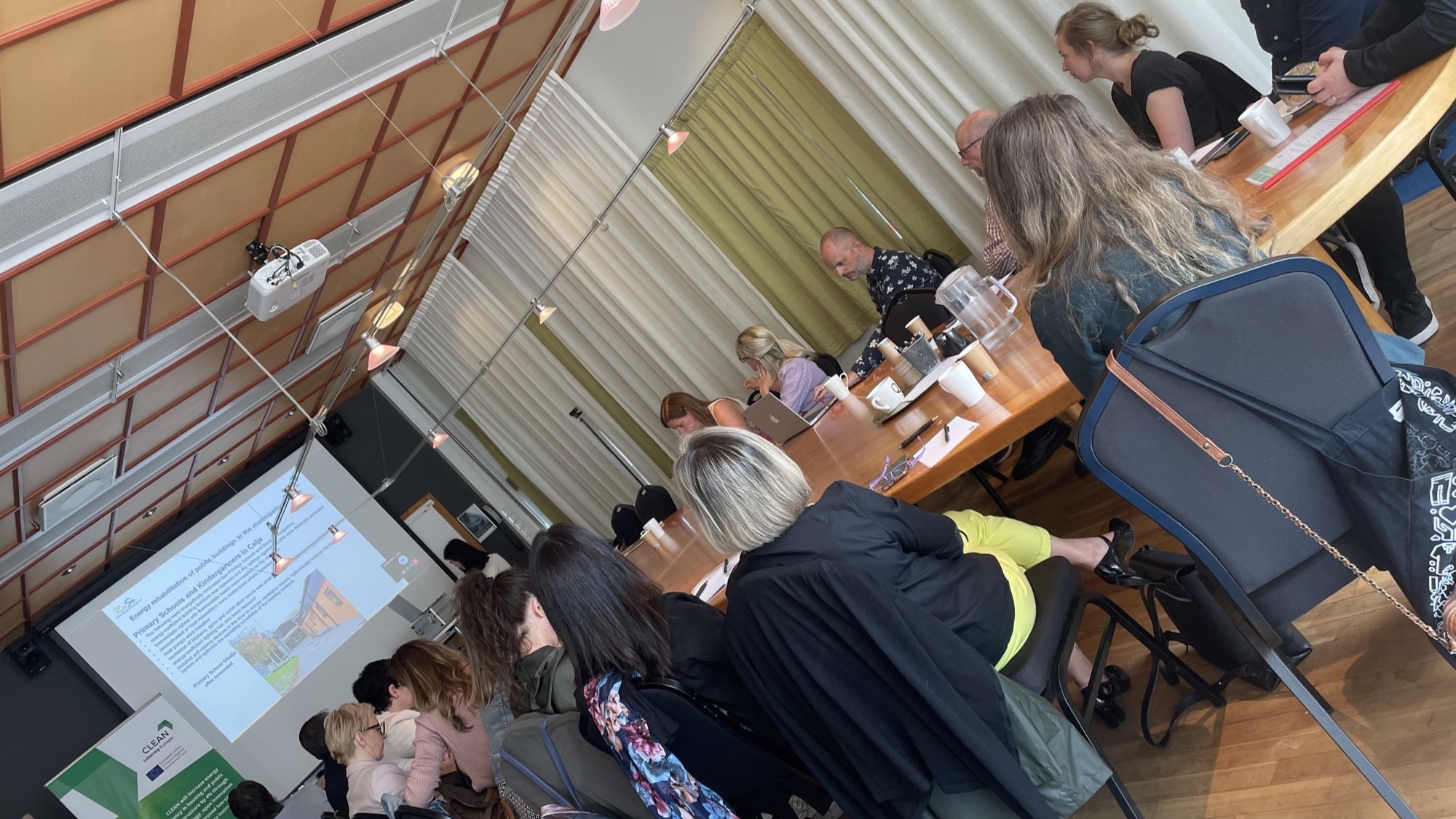
Interreg Europe funded CLEAN project has published in August 2022 the 8th CLEAN newsletter of the project and the last of Additional Activities.
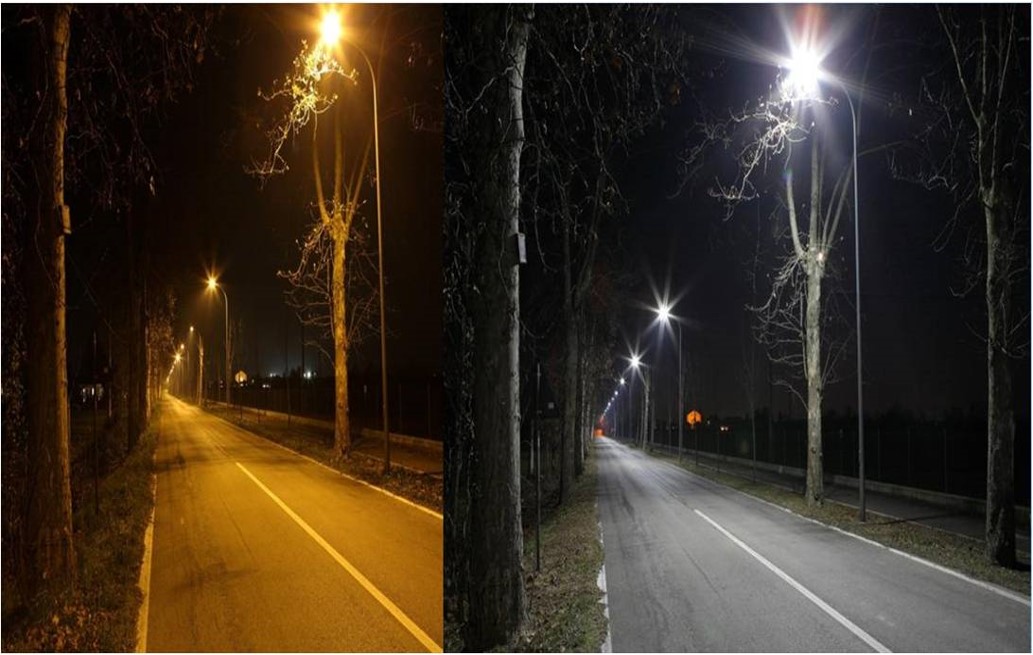
Sofia Yfanti, Energy Manager of Hersonisos Municipality at Crete Region (Greece) explained how are working to lowering carbon footprint in the municipality.
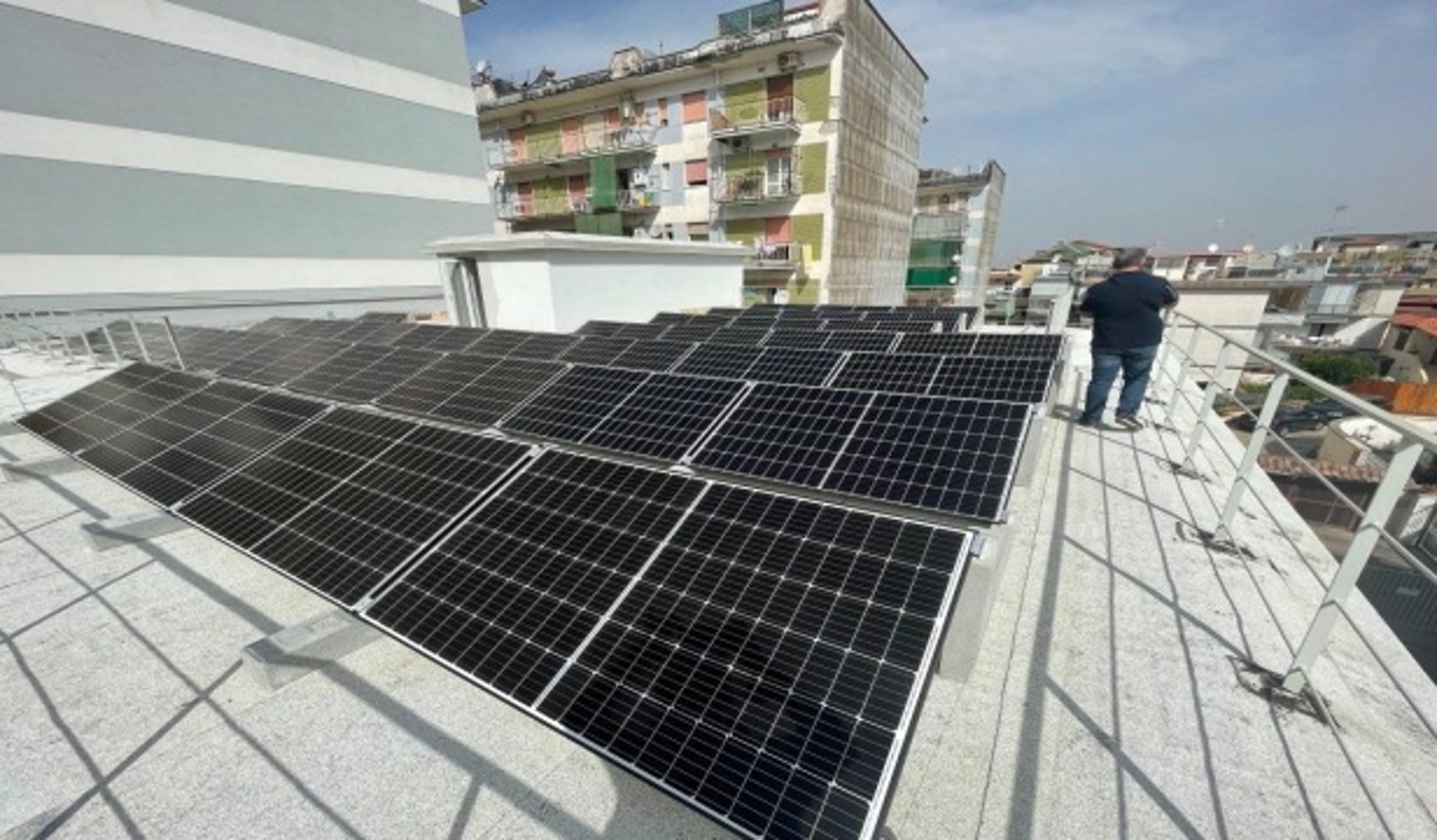
Martina Di Costanzo from ANEA (Italy) explained the eco-energetic refurbishment project of a middle school structure to be used for municipal offices.
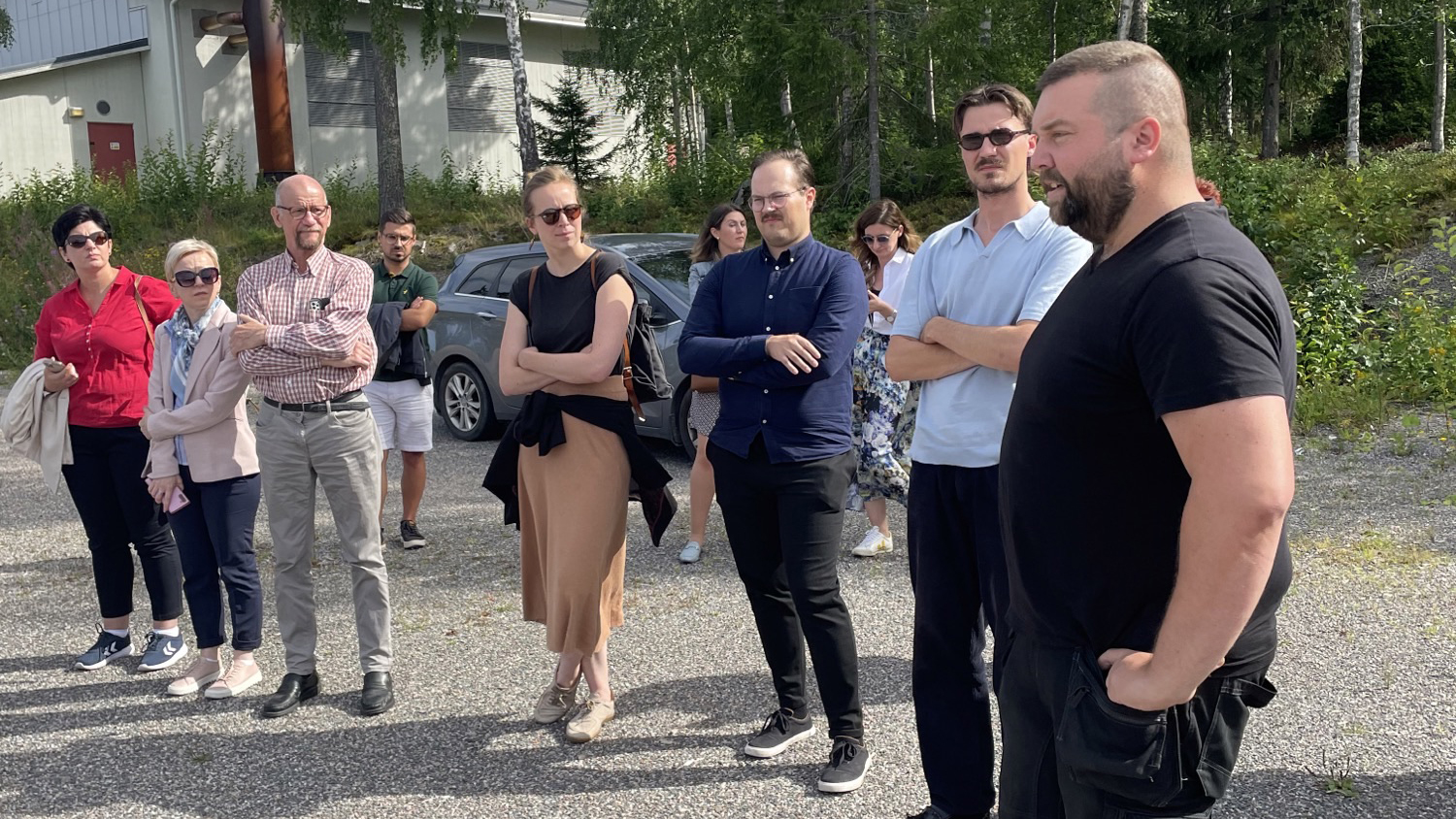
Interreg Europe funded CLEAN project partners had a study visit on the 9th and 10th of August in the city of Sundsvall in Västernorrland (Sweden).
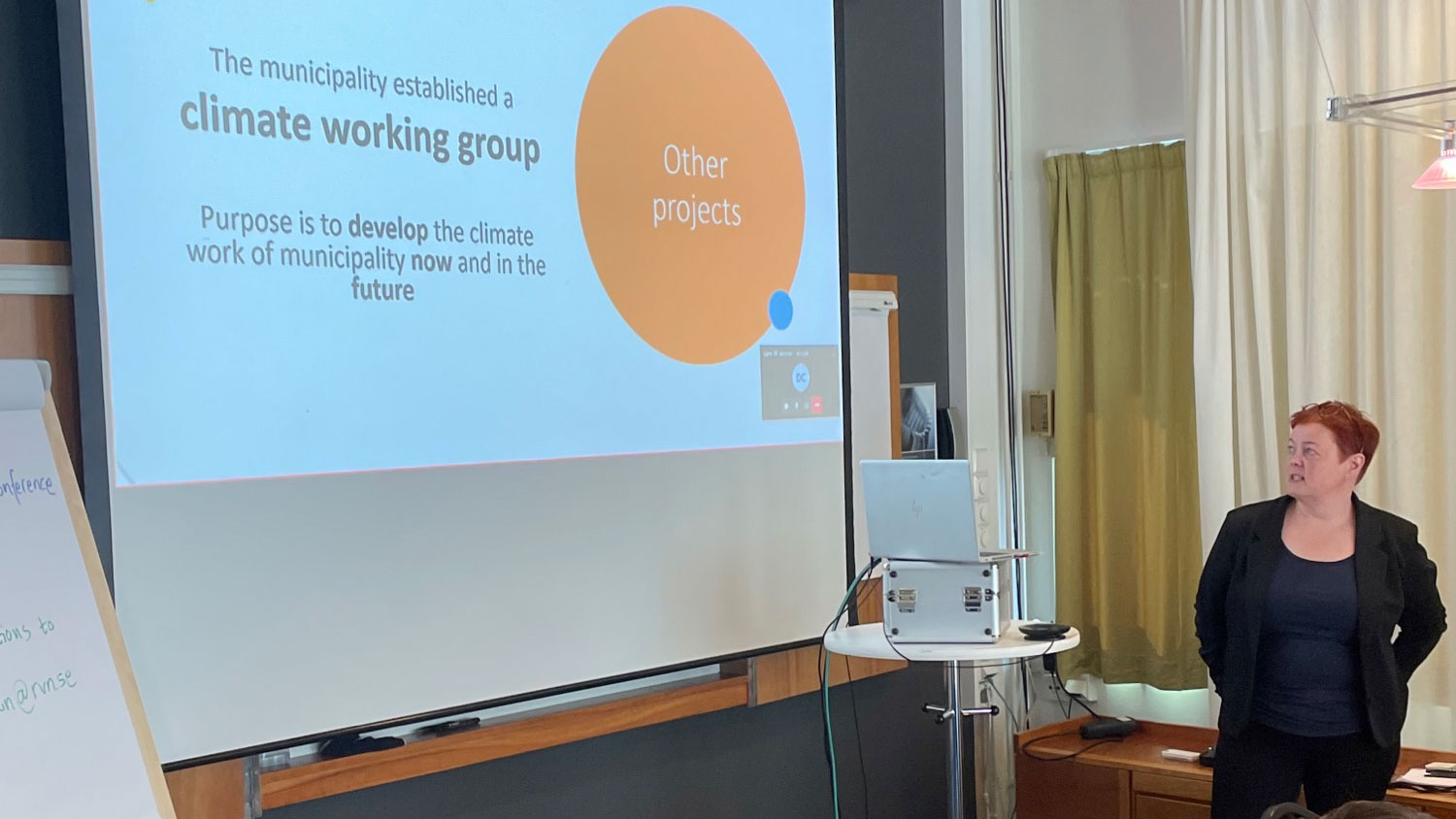
CLEAN partnership celebrated the last seminar on “Measures to improve energy efficiency of public buildings”
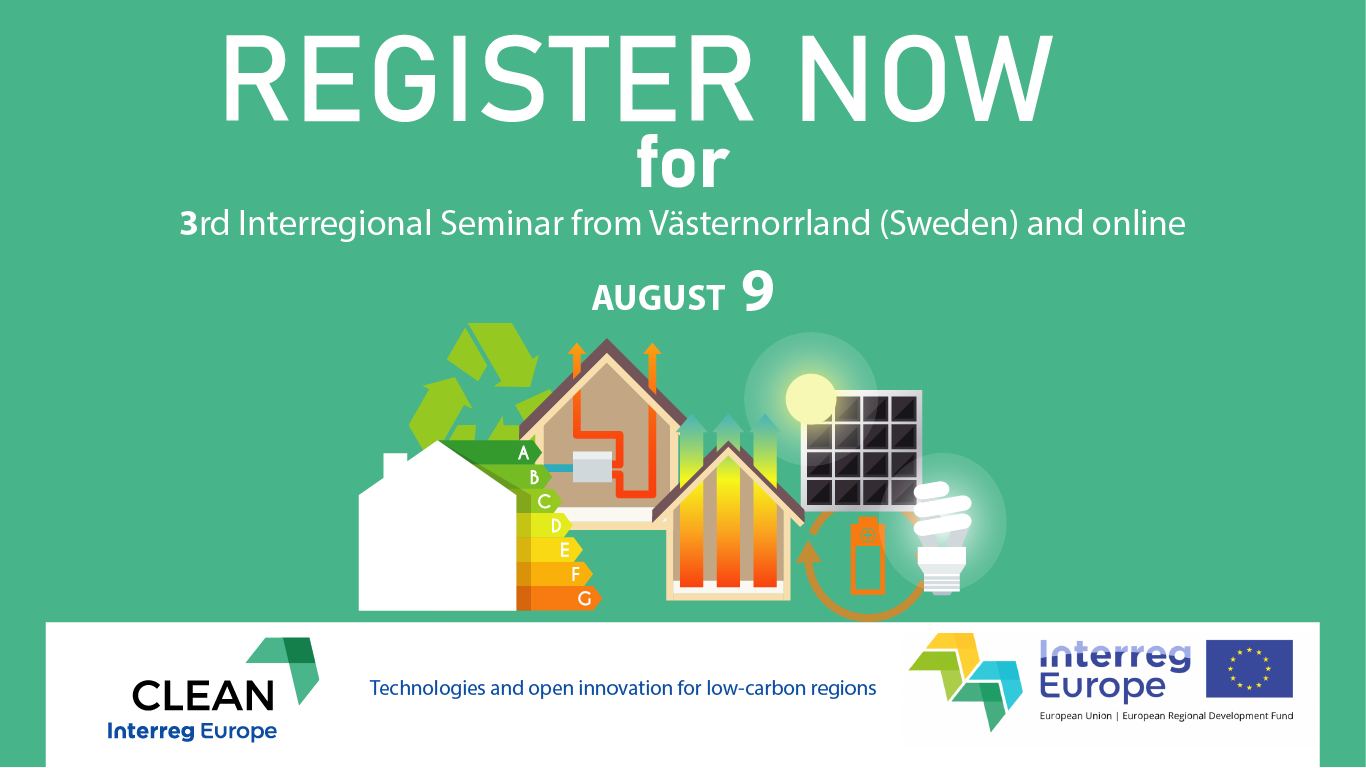
REGISTRATION OPEN for CLEAN interregional seminar on Measures to improve energy efficiency of public buildings
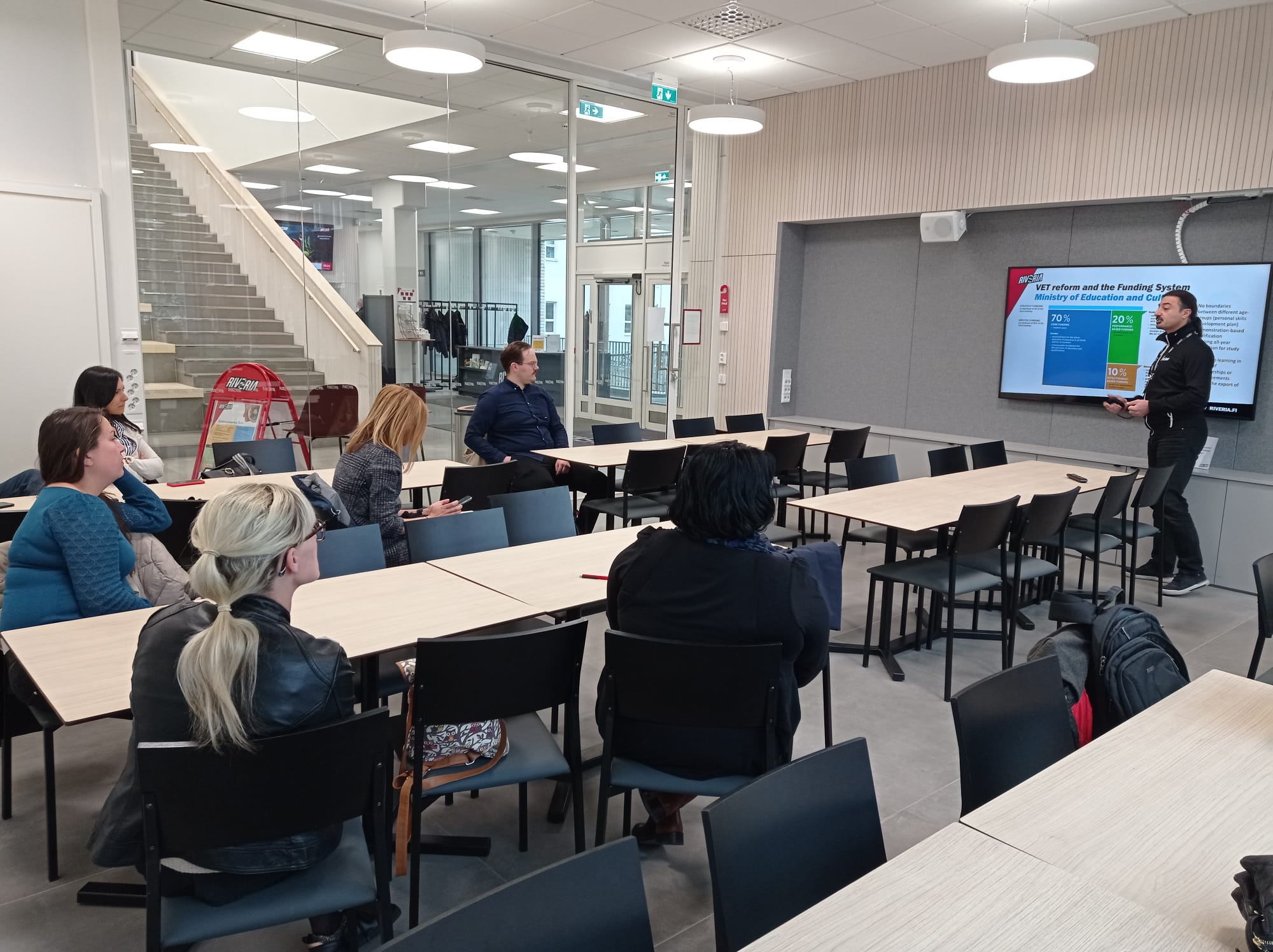
Interreg Europe funded CLEAN project has published the 7th CLEAN newsletter of the project and the 2nd of Additional Activities.
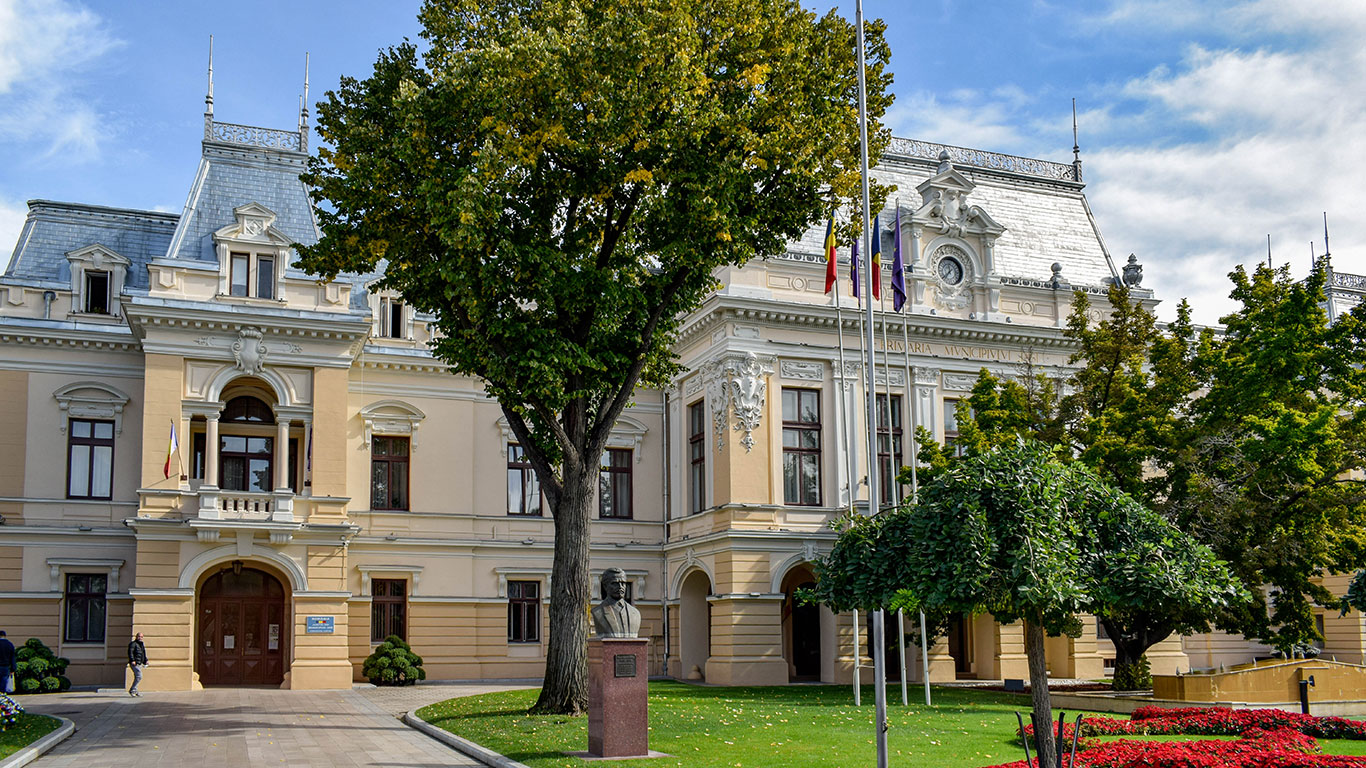
Iași, 1st Romanian city to receive European Energy Award by increasing energy efficiency in local transportation, centralised heating & local household services
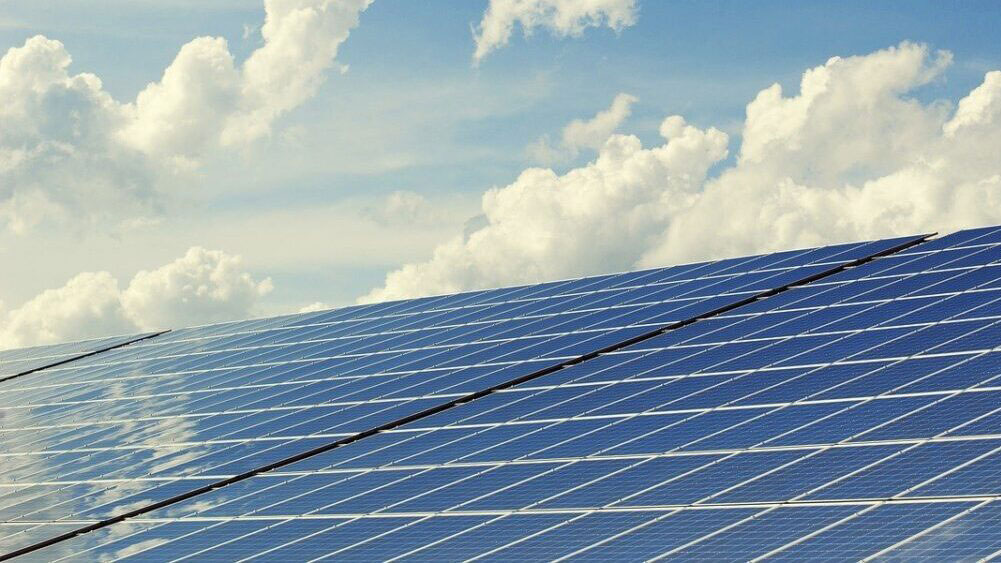
Inishowen Sustainable Energy Community plans to become a renewable energy centre of excellence and they won the 2021 SEAI Energy Award